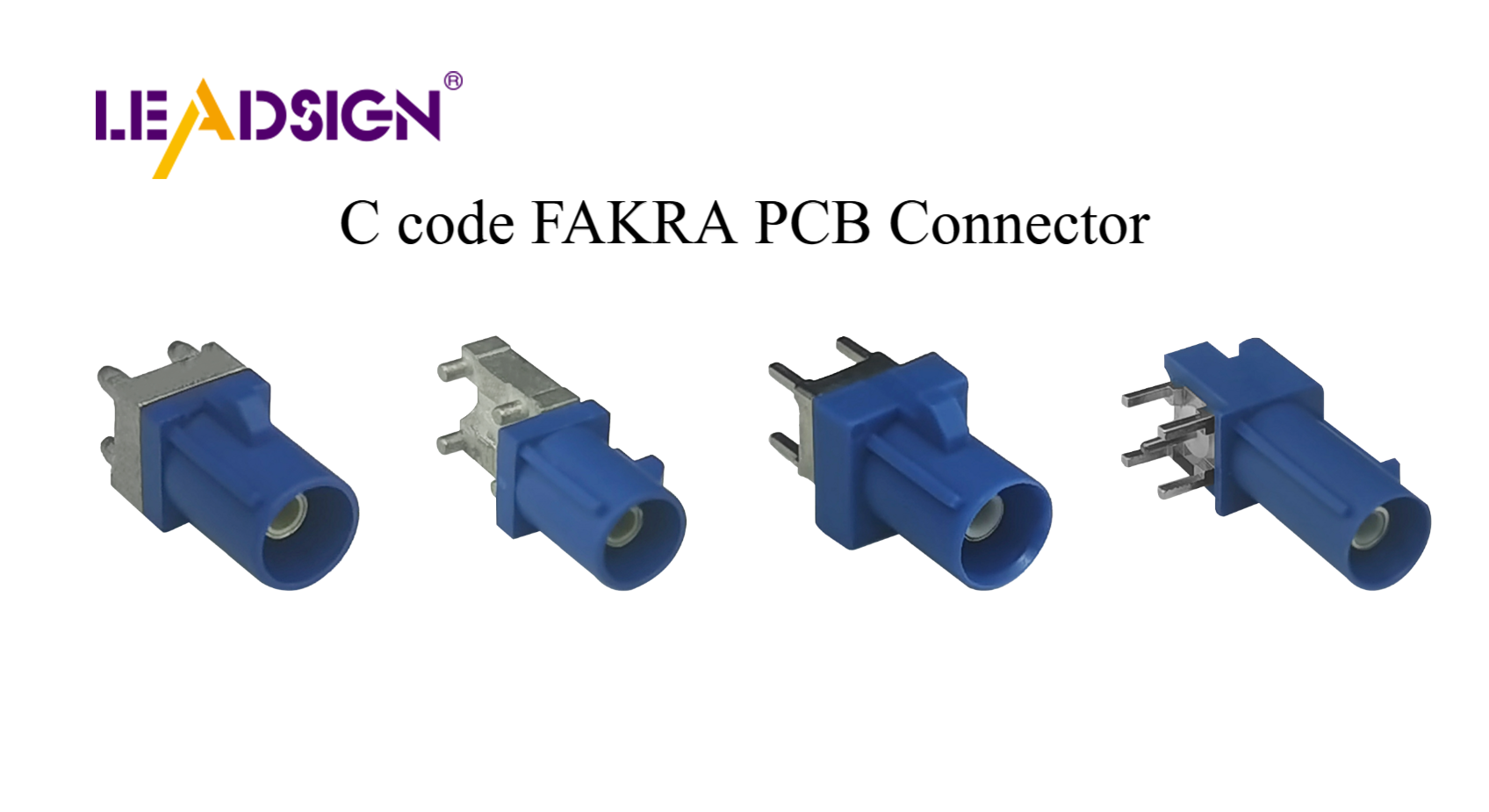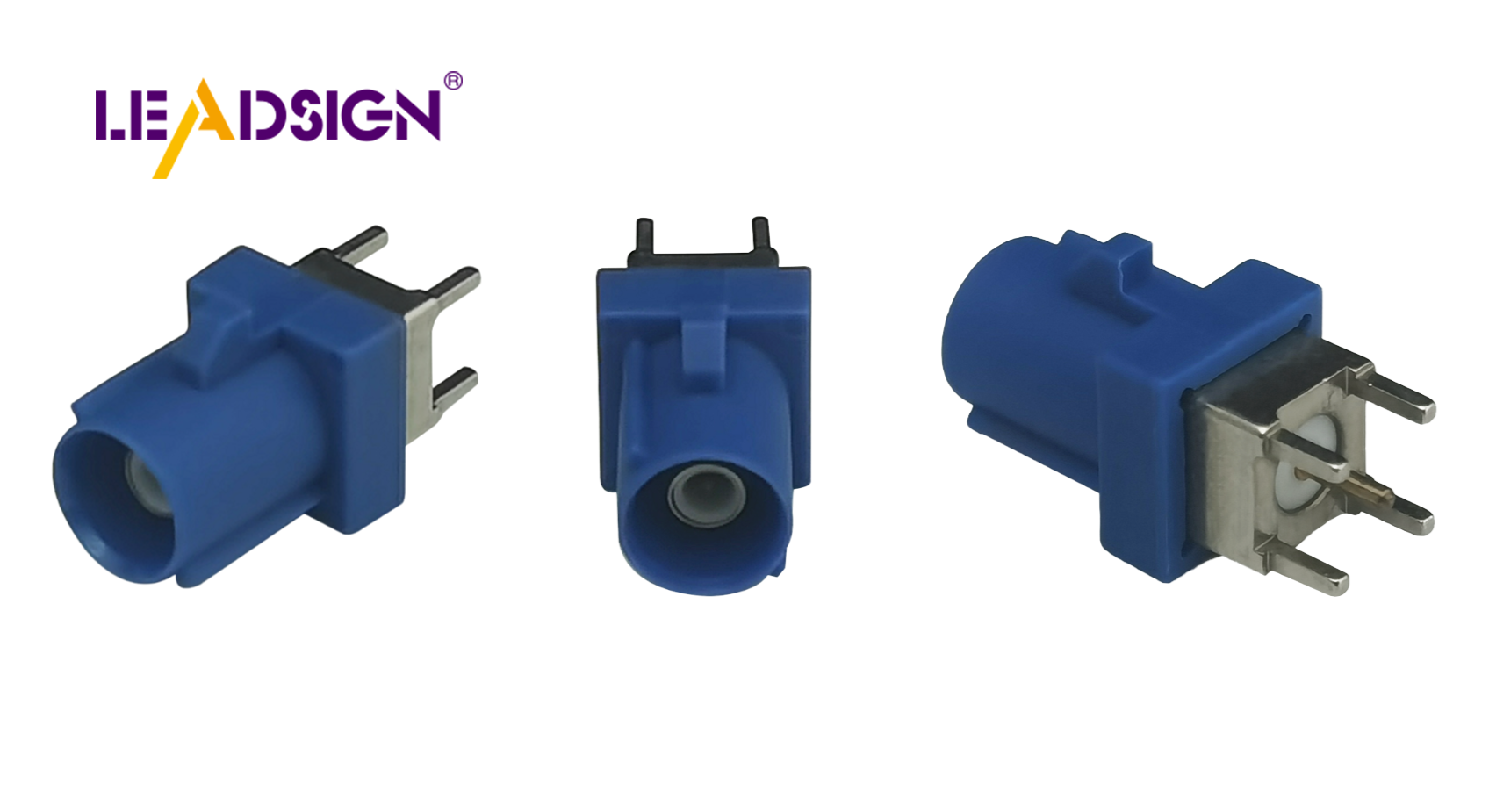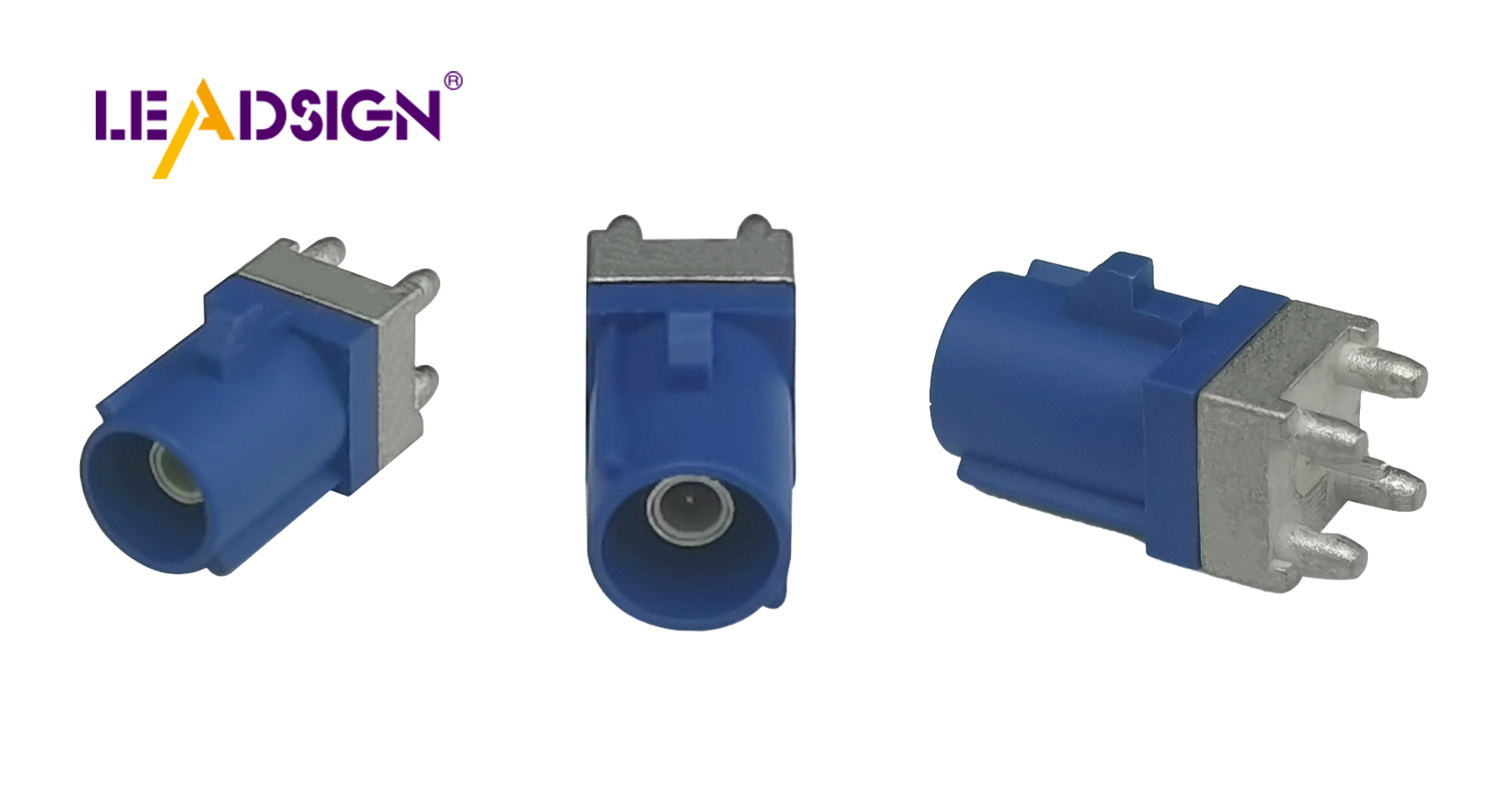Exploring Custom Wire and Cable Solutions for Automotive Use

Custom wires and vehicle cables are important for today's vehicles. They help systems communicate and power key parts. Picking the right wires affects safety, efficiency, and performance. These wires connect parts and keep them safe with insulation. Choosing good vehicle cables means considering flexibility, strength, and fit. Custom cables made for specific uses work better and fit well. They are very important for modern car systems.
Key Takeaways
Choosing the right automotive wires and cables is crucial for ensuring safety, efficiency, and performance in vehicles.
Understand the differences between insulation types, such as XLPE for high heat resistance and PVC for general use, to match your car's needs.
Select between single-core and multi-core wires based on your vehicle's complexity; multi-core wires are ideal for modern cars with advanced features.
Custom wires are tailored for specific applications, providing better fit and performance compared to standard options, especially in challenging environments.
Prioritize brands that use strong materials and adhere to safety standards like ISO/TS 16949 and SAE for reliable automotive wiring.
Consider the wire thickness and power capacity to prevent overheating and ensure optimal performance in your vehicle's electrical system.
Investing in quality wires may have a higher upfront cost but can lead to long-term savings by reducing repair and replacement needs.
Understanding Automotive Wires and Cables

Automotive wires and cables are key to a car's electrical system. They let power move smoothly and signals travel correctly between parts. Knowing their types helps you pick the best ones for your car.
What Are Automotive Wires and Cables?
Automotive wires and cables are special conductors made for vehicles. They link systems like lights, radios, and safety tools to work well. These wires are flexible with strong insulation to handle heat, shaking, and chemicals. For example, GPT automotive wire resists oil, acids, and chemicals, fitting tight car spaces.
These wires do more than carry electricity. They also block outside damage, keeping systems safe and reliable. Their design handles tough car conditions like temperature changes and small spaces.
Classifications of Automotive Wires and Cables
Automotive wires come in different types for various needs. Knowing these types helps you choose the right one for your car.
XLPE vs. PVC Insulation
Insulation protects wires from damage. XLPE (Cross-Linked Polyethylene) insulation is strong and handles heat well, great for hot areas. PVC (Polyvinyl Chloride) insulation is light and cheap, good for most cars. Thin-wall PVC cables are lighter and handle more heat than regular PVC.
Pick XLPE for tough conditions or PVC for general use.
Single-Core vs. Multi-Core Automotive Wiring
Wires can be single-core or multi-core. Single-core wires have one conductor and are simple to use. Multi-core wires have many conductors, making them better for complex systems.
Multi-core wires are common in modern cars with advanced features. They save space and make installation easier.
Standard vs. Custom Vehicle Cables
Standard wires fit general needs and are easy to find. Custom cables are made for specific uses, ensuring they work perfectly. Custom cables follow rules like ISO/TS 16949 and SAE for safety.
For example, custom cables are used in advanced systems like telematics. They solve problems like tight spaces or tough environments.
By learning these types, you can pick the best wires for your car. Whether standard or custom, the right choice ensures safety and good performance.
Types of Automotive Wires and Their Features

Automotive wires are important for a car's electrical systems. Each type of wire has special features for different uses. Knowing these differences helps you choose the right wires for your car.
TXL (Thin Wall Cross-Linked) Automotive Wire
TXL automotive wire has very thin insulation, perfect for small spaces. Its lightweight design helps reduce car weight and saves fuel. This wire resists heat well, handling -40°C to 125°C. It is flexible, making it easy to install in tight areas.
TXL wires are used in circuits needing compact and strong wires. Their thin walls fit easily into complex car systems without losing performance.
GXL (General Cross-Linked) Automotive Wire
GXL automotive wire works well in hot areas and tough conditions. It handles high temperatures up to 125°C and 50 volts. This makes it great for under-hood areas with heat and shaking.
GXL wires are chosen for cars needing strong and reliable wires. Their tough insulation protects them from damage and lasts long, even in hard conditions.
SXL (Standard Cross-Linked) Automotive Wire
SXL automotive wire, also called SXL primary wire, has thicker insulation. This makes it better at resisting scratches and rough surfaces. Like other cross-linked wires, it handles -40°C to 125°C.
SXL wires are used in circuits needing strong and heat-resistant wires. Their thick design ensures they work well, even in stressful conditions.
By learning about TXL, GXL, and SXL wires, you can pick the best one for your car. Whether you need flexibility, heat resistance, or toughness, each type has its own benefits.
Specialized Automotive Cables
Automotive cables are key for a car's electrical systems. Special cables like TWP wires and battery cables are made for specific tasks. They improve performance in tough conditions.
TWP (Thin Wall Primary) Wires
TWP wires are lightweight and small automotive wires. Their thin insulation makes them great for tight spaces. These wires bend easily, helping with neat and simple setups.
TWP wires are used in circuits needing light and strong wires. They resist heat and scratches, working well under the hood. Using TWP wires lowers car weight but keeps electrical systems reliable.
Battery Cables and Their Uses
Battery cables are vital for a car's power system. They link the battery to key parts like the starter and alternator. These cables handle high power and work in tough conditions.
Battery cables come in different sizes for various vehicles. Thick cables are for heavy-duty cars, while thin ones fit regular cars. Good battery cables have strong insulation to block heat, oil, and chemicals.
Battery cables also help keep the car safe. Well-installed cables prevent power problems that could cause breakdowns. When picking cables, check their strength, insulation, and fit for your car.
Knowing about TWP wires and battery cables helps you choose better. These special cables improve your car's safety, reliability, and performance.
Comparing Automotive Cable Brands
Picking the right brand for car wires is important. It affects how well your car works and stays safe. Knowing what makes brands different helps you choose wisely.
Key Things to Check in Cable Brands
When looking at brands, focus on these points to find the best:
Strong Materials and Long Life
Good materials make wires last longer and work better. They need to handle heat, shaking, and chemicals. For example, GPT primary wire has tough insulation that resists oil and acids. Always pick brands with high-quality materials for long-lasting wires.
Heat and Power Limits
Wires must handle heat and power safely. GXL automotive wire can take heat up to 125°C, great for hot car parts. Wires with the right power limits stop overheating and problems. Check these details to match wires to your car's needs.
Following Safety Rules
Top brands follow safety rules like ISO/TS 16949 and SAE. These rules ensure wires are safe and work well. Custom wires often meet these rules for advanced car systems. Always check if a brand follows these standards for safety.
Top Automotive Cable Brands
Some brands are known for making great car wires. They offer many options for different car needs. For example:
TWP wire is thin and lead-free, perfect for small spaces.
GPT primary wire is flexible and handles tough conditions well.
Learning about these brands helps you pick the right one.
Special Features of Each Brand
Each brand has its own cool features. Some focus on lightweight wires to save fuel. Others make strong wires for tough spots. For example:
GXL automotive wire has strong insulation for hot and rough areas.
TWP wire is bendy and small, great for tricky wiring.
By knowing these features, you can choose wires that make your car safer and better.
Picking the Best Custom Wire and Cable Solutions
Choosing the right custom wires keeps your car safe and reliable. Knowing important factors helps you make smart choices for your vehicle.
Things to Think About for Car Wiring
When picking car wires, check what affects their strength and use.
Insulation Type and Heat Resistance
Insulation keeps wires safe from damage and working properly. XLPE insulation handles heat well, perfect for hot car parts. PVC insulation is light and cheap, good for most uses. Match the insulation to your car's heat needs.
Wire Thickness and Power Capacity
Wire thickness decides how much power it can carry. Thick wires like SXL primary wire are for heavy-duty jobs. Thin wires like TXL automotive primary wire fit small spaces. Pick the right thickness to avoid overheating or power loss.
Special Needs for Different Uses
Different car parts need special wires. For hot areas, use strong wires like GXL automotive wire. For tight spots, pick thin wires like TWP wires. Custom wires made for special uses work best for unique systems.
Why Custom Car Wires Are Better
Custom wires are made to fit your car perfectly. They follow safety rules like ISO and SAE, making them reliable. These wires solve problems like small spaces or tough conditions. For example, custom wires with shields improve signals in smart cars. Using custom wires makes your car last longer and work better.
Balancing Price and Quality in Car Wires
Good wires may cost more but save money later. Strong wires like automotive primary wire last longer in tough spots. Light wires like TXL automotive wire save fuel by lowering car weight. Heat-resistant wires like GXL automotive wire stop problems in hot areas. Pick wires that fit your budget and car needs.
Picking the right car wires is very important. It keeps your car safe, efficient, and working well. Different wires have special features like heat resistance or flexibility. You need to choose wires that fit your car's needs. Knowing about brands and materials helps you decide better. Custom wires are made for tricky systems and last longer. They are stronger and more reliable. By learning about these choices, you can improve your car and make it dependable for a long time.
FAQ
Why is picking the right wire size important for cars?
Choosing the right wire size keeps your car safe and working well. A small wire can overheat and cause fires. A big wire adds weight and costs more. Always match the wire size to your car's power needs.
How do custom wires make cars better?
Custom wires are made for specific car needs. They fit perfectly and work smoothly with other parts. These wires follow safety rules, making them reliable and safe.
What should you check when picking car cables?
Look at the insulation type, heat resistance, and wire thickness. Check if the cable can handle power and tough conditions. For advanced systems, focus on signal strength and protection from interference.
Why does insulation matter in car wires?
Insulation keeps wires safe and working properly. XLPE insulation handles heat well, great for hot areas. PVC insulation is light and cheap, good for general use. The right insulation makes wires last longer and safer.
How do you keep signals strong in car cables?
Use cables with shields to block interference. Good materials and careful design also help. Custom cables often give better signal performance for special uses.
What are the perks of thin-wall car wires?
Thin-wall wires save space and lower car weight. They fit tight spaces and resist heat well. Even with thin insulation, they are strong and reliable.
Are custom wires more costly than regular ones?
Custom wires cost more at first but save money later. They prevent problems and work better. By solving specific issues, they reduce repair and replacement costs.
How do you keep car wiring safe?
Use good materials, the right wire size, and strong insulation. Pick wires that meet safety rules like ISO and SAE. Check wires often and install them properly to stay safe.
What do battery cables do in a car?
Battery cables link the battery to key parts like the starter. They carry high power and keep energy flowing smoothly. Strong insulation protects them from heat, oil, and chemicals.
Can custom wires handle new car technologies?
Yes, custom wires support modern tech like smart systems and infotainment. They solve problems like tight spaces and fast data needs, ensuring they work well.
See Also
Enhancing Data Transfer in Vehicles with Advanced Connectors
Understanding the Advantages of Fakra Connectors in Cars
Key Benefits of HFM Connectors for Automotive Applications
Maximizing Performance with High-Speed FAKRA-Mini Connectors

